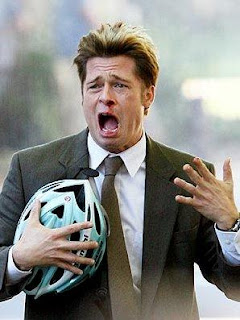
Consisting of:
A Wizard of Earthsea (1968)
The Tombs of Atuan (1971)
The Farthest Shore (1972)
The Earthsea novels are considered milestones in the fantasy genre and have never gotten out of print. Nowadays they are presented as the Earthsea Quartet, as the book
Tehanu (1990) is added as a fourth, which is written almost 20 years after the third. Tehanu feels disconnected from the original trilogy in style and substance and I will say some more of it at the end of my story.
The three Earthsea novels have gathered a lot of critical acclaim thanks to LeGuin’s knowledge of anthropology and psychology. The Archipelago she sets up harbours an immense diversity in cultures and every book expands upon another psychological theme. Most impressive of all are the subtle differences in style that LeGuin used between books to get to her themes.
The first book,
A Wizard of Earthsea, reads as a travel memoir. It follows the adventures of the young wizard Ged while he travels from island to island and grows up. The wizardschool he end up in is a very clear progenitor of the later
Harry Potter novels. The ending comes straight from psychoanalyst Carl Jung. LeGuin’s style is very descriptive and a bit detached.
The second book,
The Tombs of Atuan, might be her best and provides a perfect balance with the first. While Ged travels around the world, the girl Tenar stays her whole life on one single place. LeGuin takes her time to describe this place so that it really comes alive. There are only a few locations in the fantasy genre so fully realized (perhaps only
Gormenghast). If the theme of the first book is growing up, the theme of the second is love and trust. Tenar is a richly developed character and LeGuin’s style is personal and involving. The third book,
The Farthest Shore, is again a travel story but not as detached as the first. Its theme is death and the circle of life. The adventures of Ged end, but overlap with those of the young prince Arren, who grows up.
By highlighting the psychology I do not want to convey that these are boring books. Not at all. For those who like to read about dragons, dark shadows, old forces and the open sea Earthsea is a must read.
Then a word about
Tehanu. The reactions to this book are almost solely negative. It is, let me say this, a very well written book. But the magic seems lost and almost nothing happens. The hero of the trilogy is described as a shimmer of what he once was and is involved in little backyard adventures. It may have a lot to do with the fact that LeGuin had become a passionate feministe. I don’t want to scoff at feminism but she gave
Tehanu a didactic aspect that severly hurts the magic.












